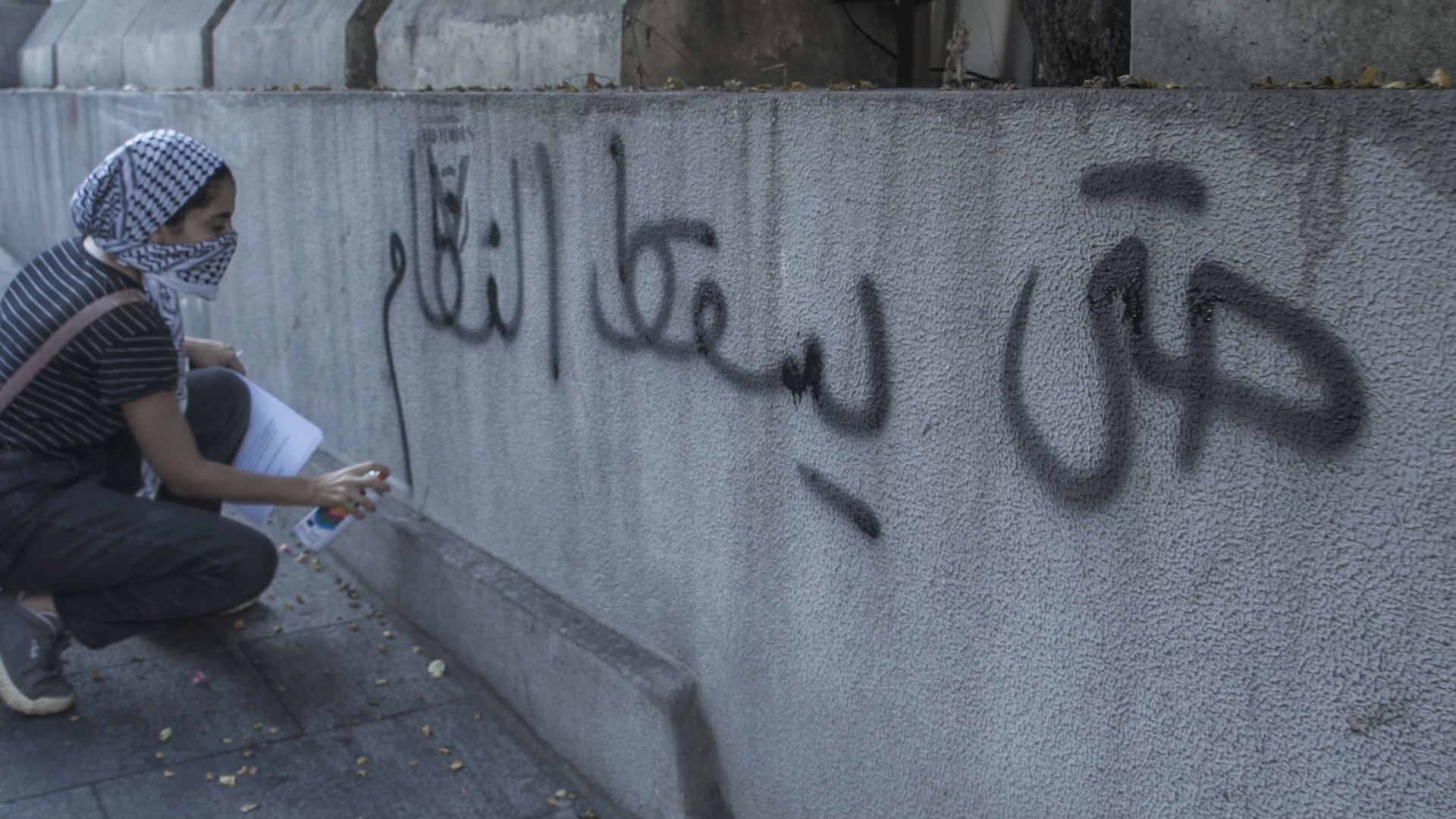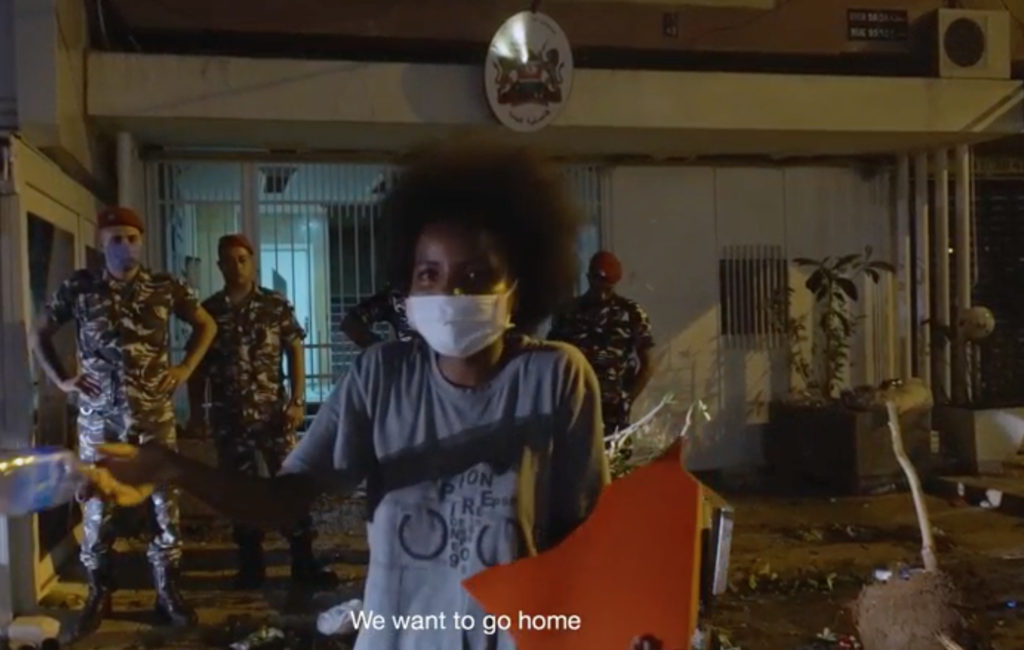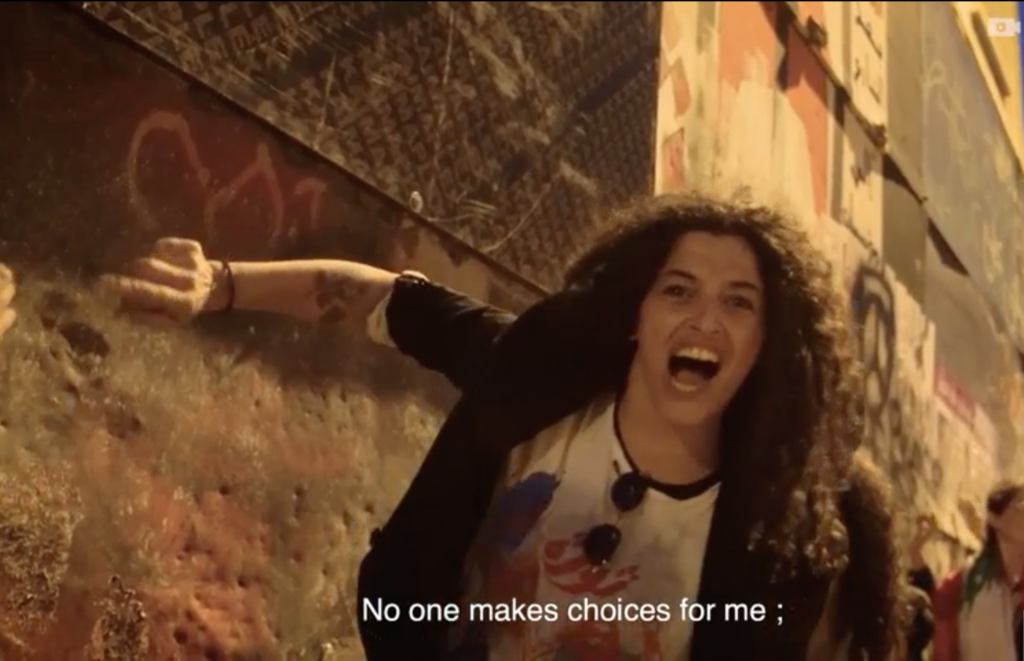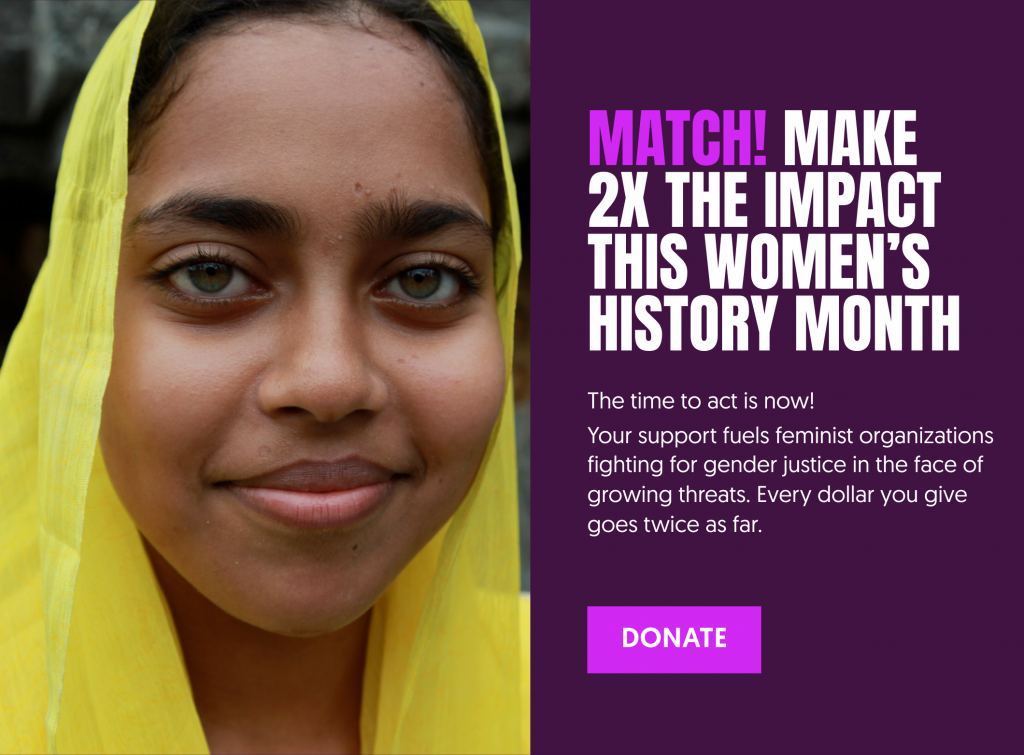Lujain Jo
FILMMAKER | IRAQ & LEBANON
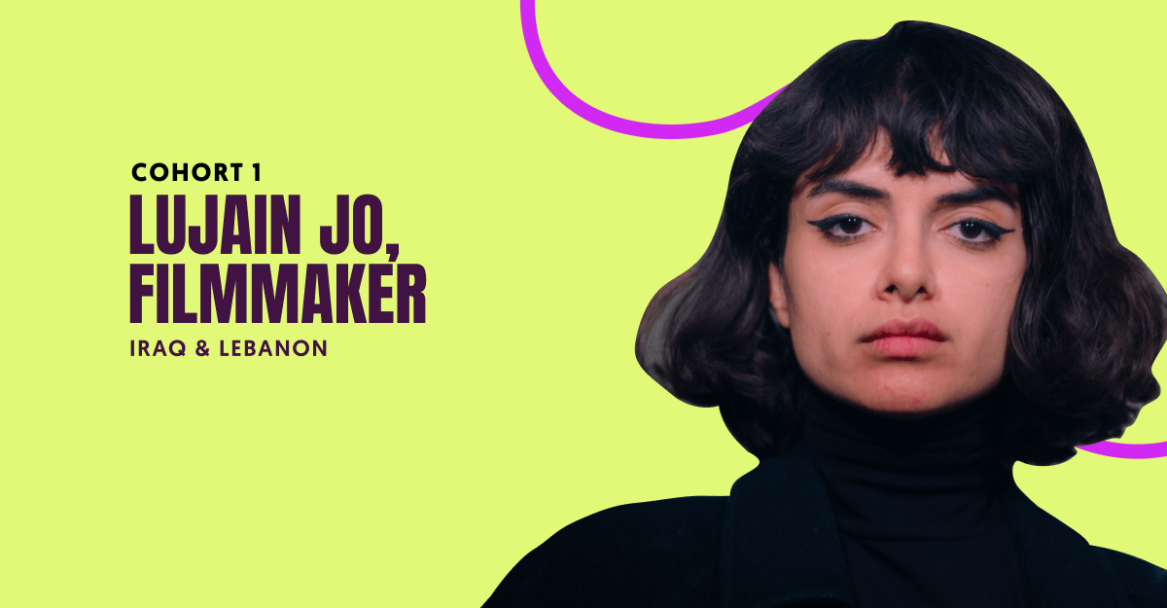
Lujain Jo (she/her/hers) is an Iraqi filmmaker and performance artist currently living in Lebanon. As part of her strong interest in the manifestations of movement in life, her work includes collaborations with musicians and dancers such as Michaela DePrince and Khansa. She has also worked with multiple media platforms and organizations from Megaphone News and Anti-Racism-Movement to Khateera and Amnesty International on issues related to social movements, migrant workers, police brutality, and feminism. Watch more of Lujain’s work on Vimeo, follow her on Instagram, and read a short interview with her below.
Lujain JoI fought for my freedom and was able to work in film and be behind the camera, which made me feel responsible to use every tool I have to challenge the authorities that control our bodies, our minds and our ability to dream.
What role do you think art can play in social change and movements?
Lujain Jo: Appealing to the audience's emotions, art can be used as a powerful tool to shed light on social and political issues, as well as critique the systems we live under in a creative way. Art allows us to tell stories that empower others to make change and think critically about social narratives. I believe that storytelling shapes our realities and ways of thinking. From the story of an apple in a garden to Disney films about princesses in castles, stories shaped our view of the world and have informed much of our relationships around us, such as assigning gender roles, perceiving those who are different to us, and framed our relationship to other species and the Earth. Artists hold responsibility to challenge existing norms, politics and societies and amplify the voices of those who don't have the tools to do so.
How would you describe your artistic practice amplifying social movements in your communities and/or those your work is concerned with?
As a woman who was brought up in a strict household, I was taught that women should assume certain roles and not question the authority that enforces these roles. I never understood why I can’t have the same dreams and ambitions as men in society. I always wanted to be involved in cinema, but I was not allowed to imagine that or express that dream. I fought for my freedom and was able to work in film and be behind the camera, which made me feel responsible to use every tool I have to challenge the authorities that control our bodies, our minds, and our ability to dream. I often use my camera and my storytelling to shed light on women-related issues and to help marginalized groups in their fight for their rights. I don’t think that artists give others a voice but rather amplify their voices in a creative and emotional way.
